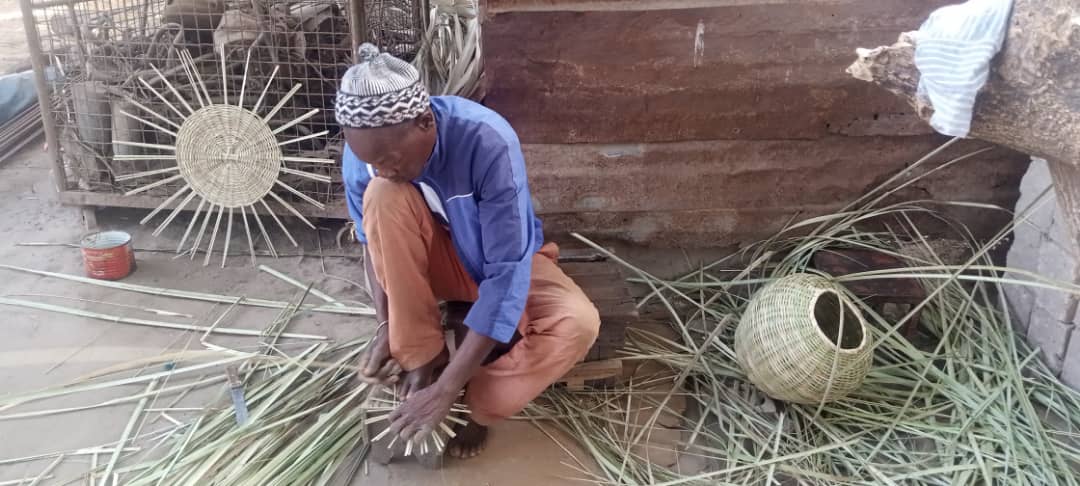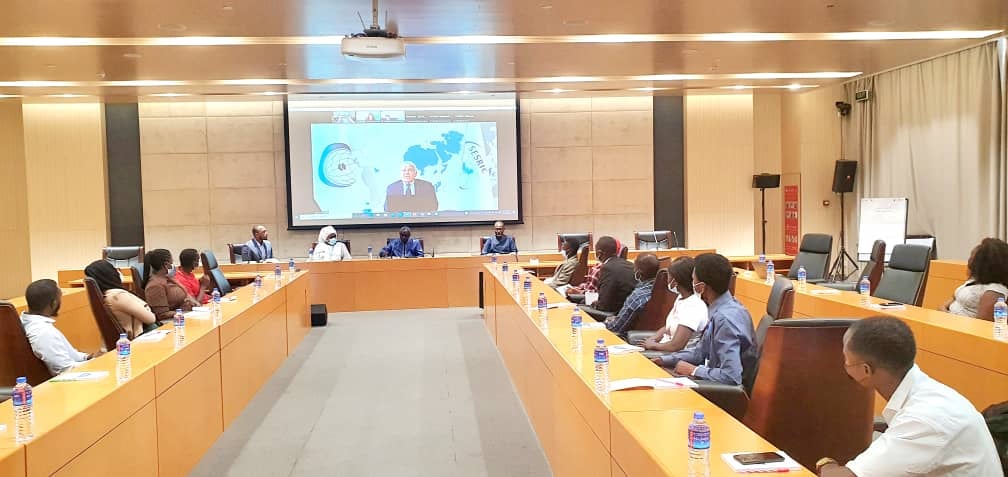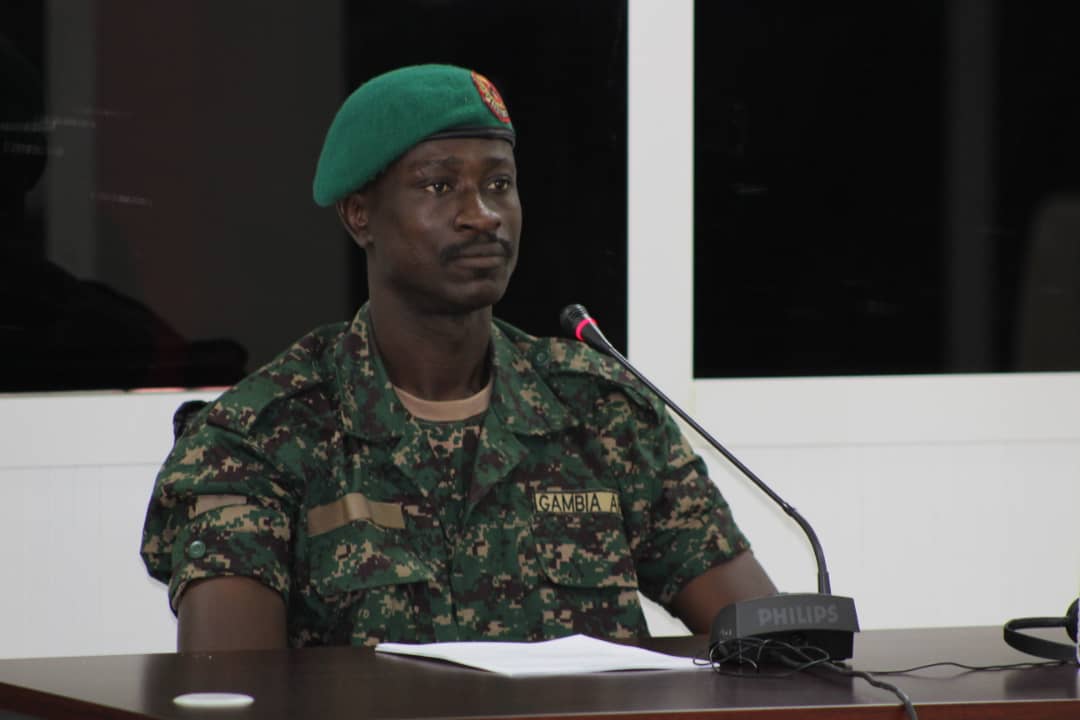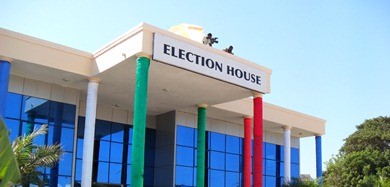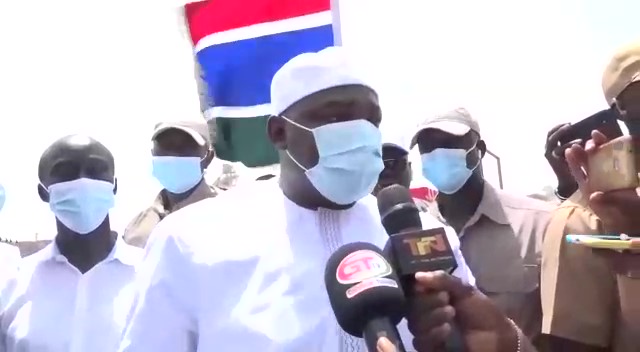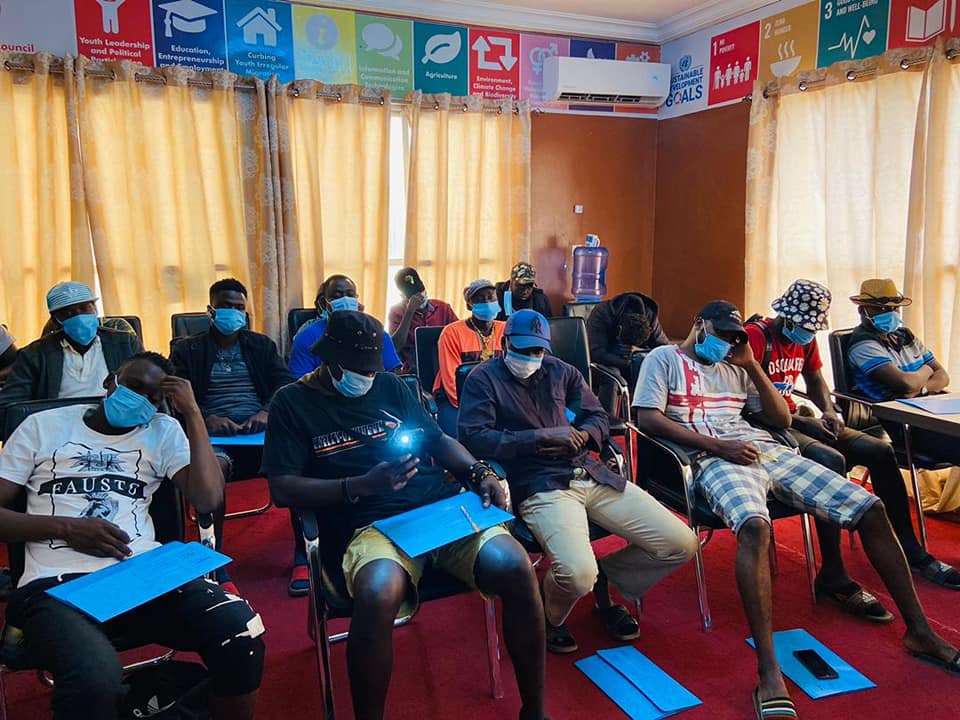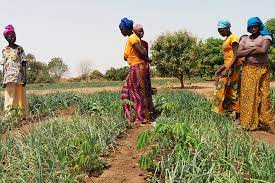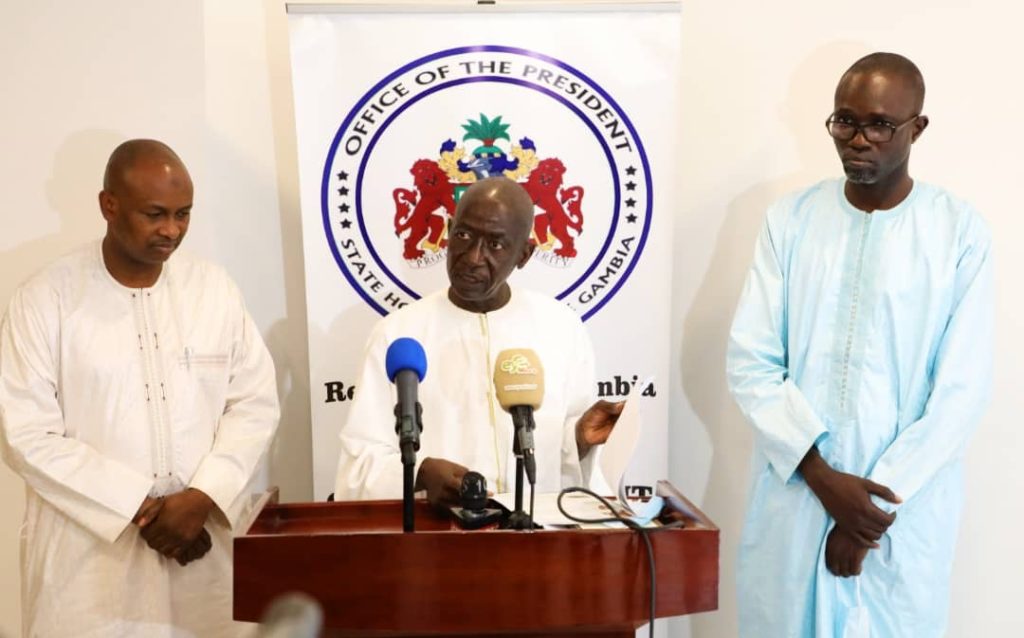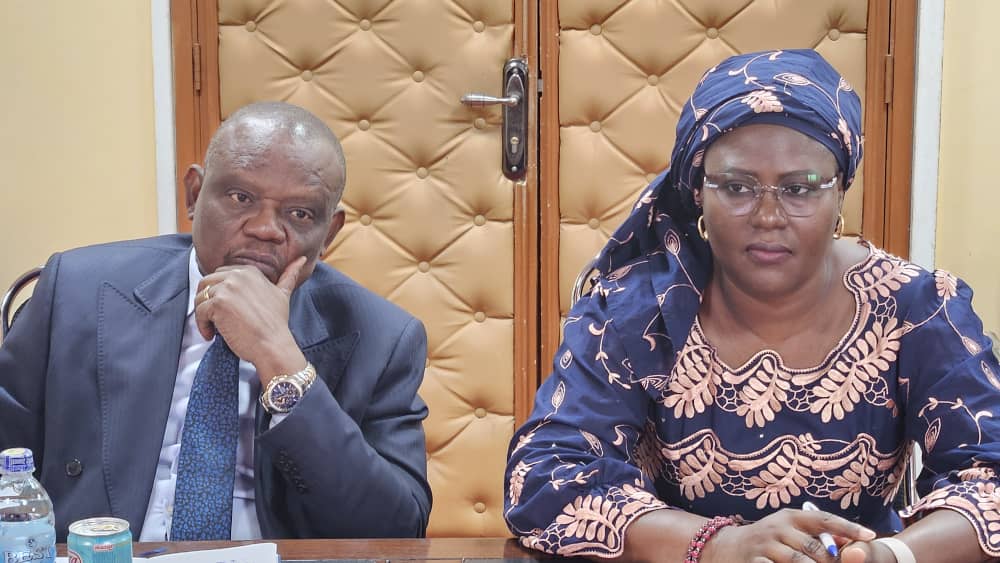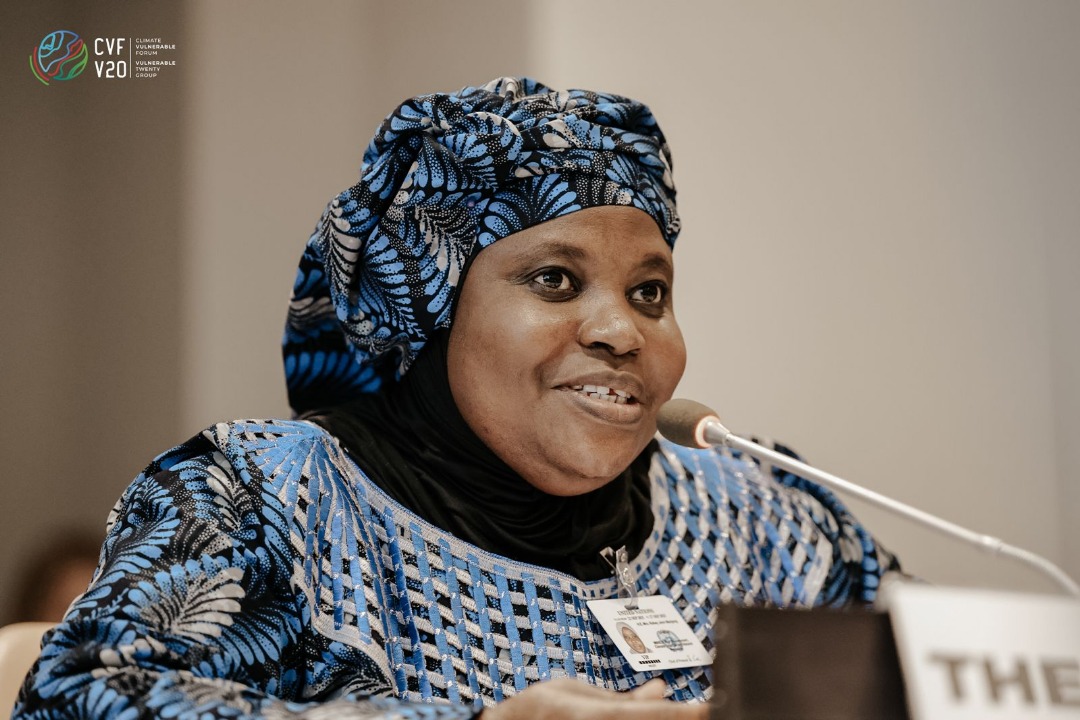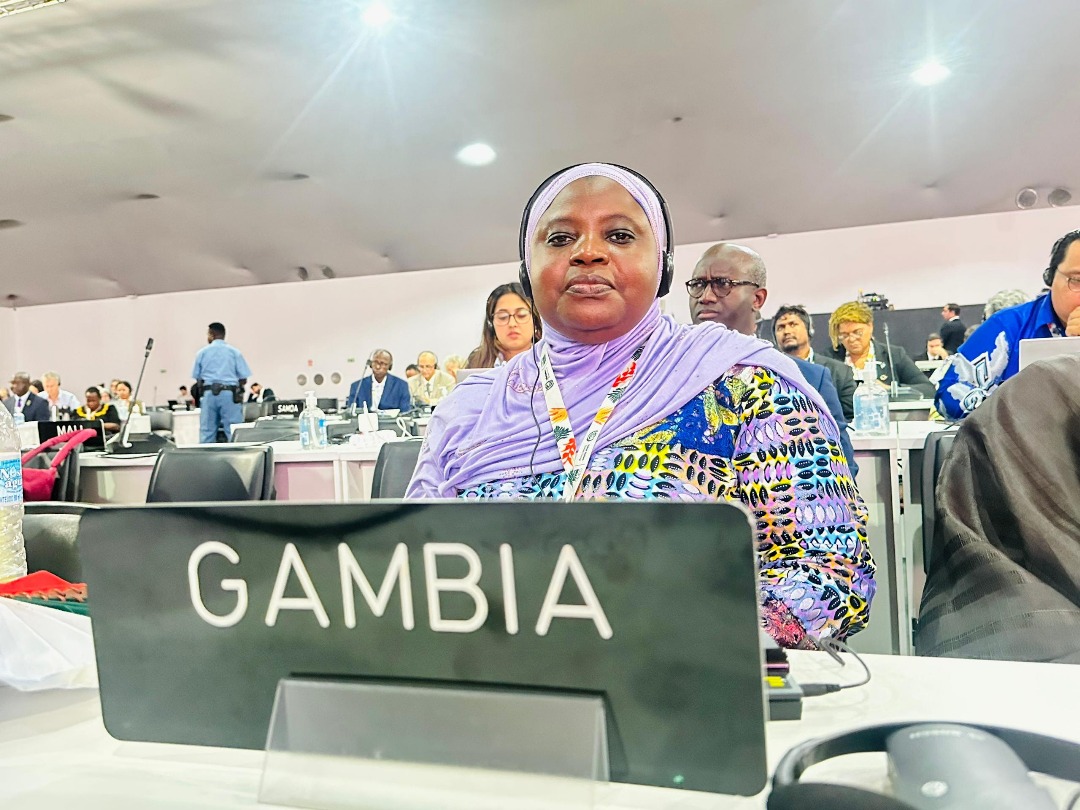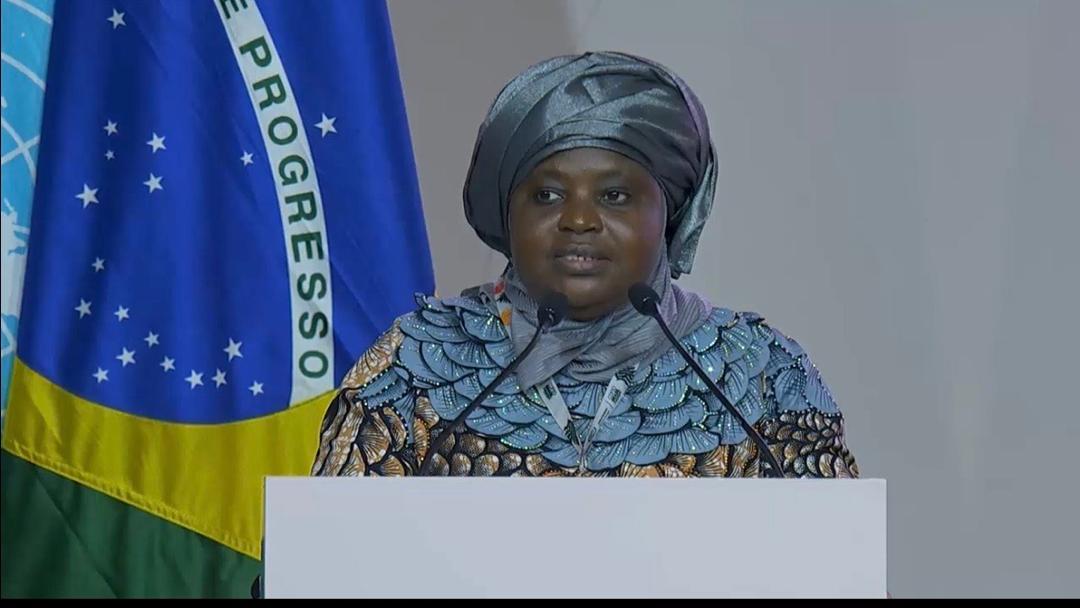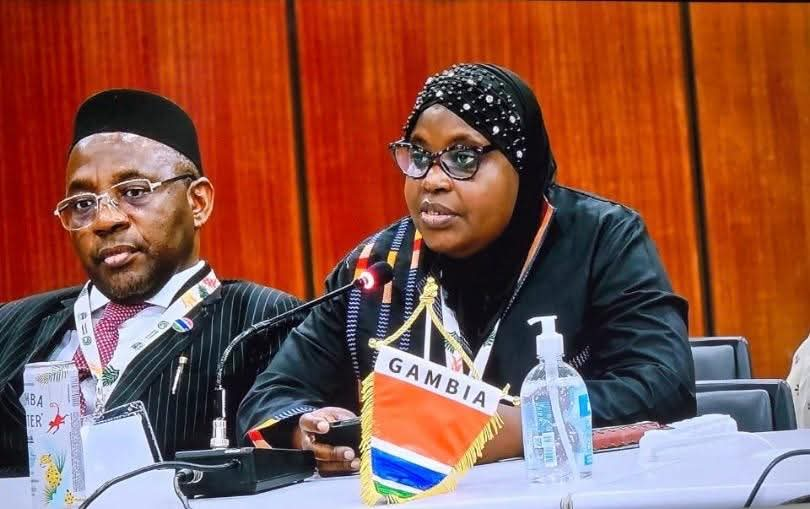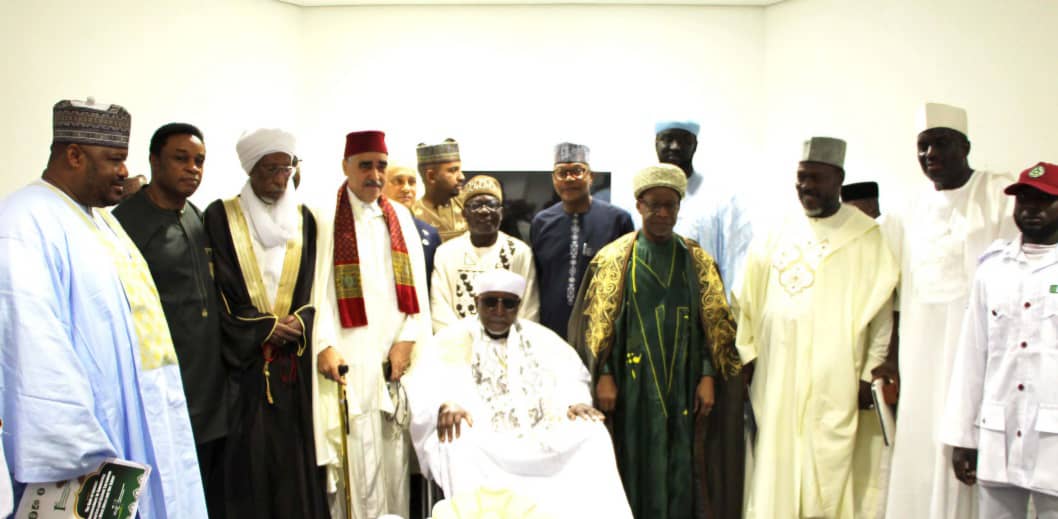The Minister for the Environment, Climate Change and Natural Resources, Rohey John Manjang, has reaffirmed The Gambia’s commitment to working with all Parties “in the spirit of equity, cooperation, accountability and hope for posterity” in the global climate discourse.“As we convene at this critical moment for global climate action, The Gambia stands ready to work with all Parties in the spirit of equity, cooperation, accountability, and hope for posterity.” “Let us be reminded that The Gambia, though among the nations least responsible for global greenhouse gas emissions, remains one of the most vulnerable to the devastating impacts of climate change. Our economy depends heavily on climate-sensitive sectors, such as agriculture and fisheries, and our coastal zone is under increasing threat from sea-level rise and storm surges,” she said. Minister Manjang made these remarks during the High-Level Segment of COP30/CMP20/CMA7, where leaders present national statements and outline their countries’ climate priorities.The Gambia’s Emission Reduction TargetsThe minister highlighted the country’s ambitious targets for reducing greenhouse gas emissions despite its limited resources.“The Gambia’s second Nationally Determined Contribution (NDC2) sets a target of reducing greenhouse gas emissions by 49.7 per cent below business-as-usual levels by 2030, while working toward a vision of net-zero emissions by 2050, costed at 4 billion USD,” she stated.She added that climate considerations have been integrated into the national development plan, alongside strengthened partnerships and the rollout of nature-based solutions and broader resilience-building initiatives. “The country has also developed a Climate Prosperity Investment and Financing Strategy to mobilise resources for transformative climate-resilient growth.”The minister noted that The Gambia is working toward establishing a National Climate Change Act to provide a stronger legal framework for climate action.A Call for Adaptation Finance and Global SupportMinister Manjang emphasised that The Gambia’s climate ambitions depend on access to finance, technology, and capacity support.“Adaptation is no longer optional. It is an urgent necessity for safeguarding lives, livelihoods and ecosystems, especially in the world’s most climate-vulnerable countries,” she said. She urged parties to adopt practical adaptation indicators and operationalise them to track progress toward global climate resilience.This she said will be:• A significant increase in adaptation finance for Least Developed Countries (LDCs) and Small Island Developing States (SIDS), in line with Article 9.4 of the Paris Agreement.• Substantial and timely contributions to the Fund for Responding to Loss and Damage (FRLD), commensurate with the scale of losses already experienced.“Without accessible, reliable and predictable climate finance, building resilience will remain a mere aspiration,” she said.Climate Justice and Just TransitionMinister Manjang stressed that LDCs and SIDS must be at the heart of all climate action. She welcomed the recent International Court of Justice advisory opinion affirming that restitution, including ecosystem restoration, is a legal obligation, reinforcing the justice dimension of loss and damage.On Just Transition, she emphasised equity and the special circumstances of LDCs and SIDS, calling for the elevation of the Just Transition Work Programme as a central pillar of the UNFCCC process.“We cannot fail our women, our children, and our youths, who are the most affected and the least responsible for the climate crisis,” she said.Concluding her statement, Minister Manjang reiterated The Gambia’s readiness to work constructively with all parties to deliver a “balanced and implementable” outcome from Belém.“Let us leave Belém with renewed resolve, united in strengthening hope and partnerships, with a clear path toward climate action and resilience for all,” she said.
Continue Reading >>

